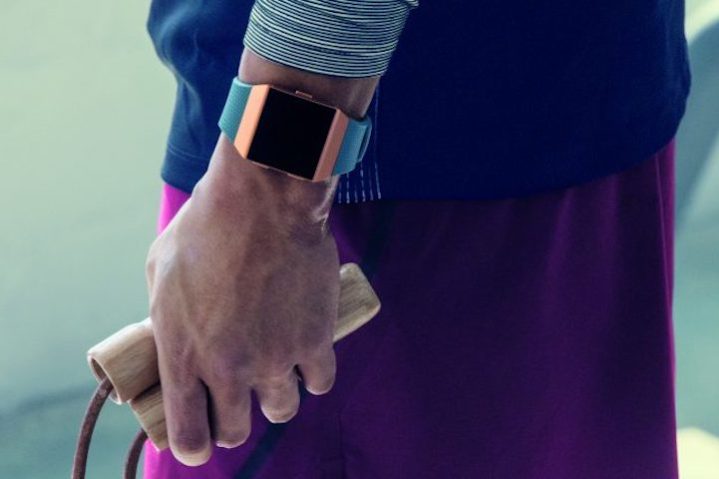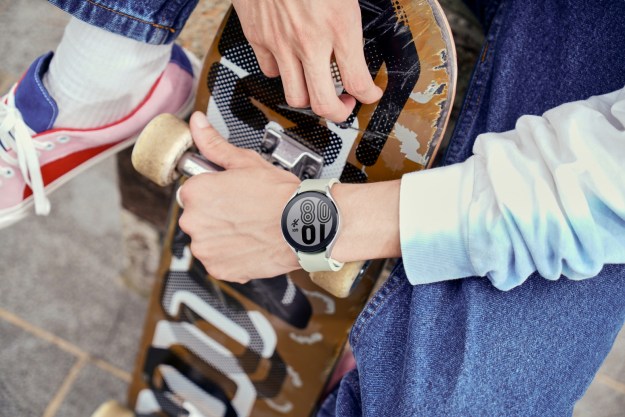
Six months after defeating rival Jawbone, Fitbit is looking to get in the ring with another competitor. The wearables company has just invested for the first time in a start-up, dedicating more than $6 million into a company called Sano, which is creating a small patch to track blood sugar levels for diabetics. This could help Fitbit compete more directly with Apple and its Apple Watch — the Cupertino company is currently working on an in-house version of a noninvasive glucose monitor.
As per estimates from the Centers for Disease Control and Prevention. more than 100 million people in the United States are living with diabetes or pre-diabetes. As such, adding blood-sugar tracking functionality into a smart watch certainly seems like a strategic move. Indeed, both the Food and Drug Administration (FDA) and Apple seem to be heading towards a future where wearables are closer to medical devices than glorified digital watches — recently, the FDA approved the first-ever medical device accessory for the Apple Watch, while Apple is reportedly looking to make its Watch into an EKG.
If Fitbit manages to integrate glucose-tracking capabilities into an upcoming device, it could open up the market for its wearable. And this is certainly something Fitbit needs — in the quarter ending September 30, 2017, Fitbit sold only 3.6 million devices, a steep decline from the 5.3 million it sold in the same quarter of 2016.
Investing in Sano, then, could be the first step in a strategic repositioning of Fitbit and its products. CEO James Park confirmed the investment to CNBC, noting, “This fits into our strategy of looking beyond the device and thinking more about (health) solutions. I think the complete solution comes in the form of having some monitoring solution that is coupled with a display, and a wearable that can give you the interventions at the right moment.”
If the Sano deal proves to be more than an investment and rather a partnership, it wouldn’t be the first time that Fitbit teamed up with blood sugar data-minded firms. The company already works alongside device makers Medtronic and Dexcom, but Park remained mum on whether or not Fitbits of the future might include built-in glucose tracking.
Editors' Recommendations
- Fitbit cleared to launch new feature that could save lives
- Fitbit Luxe gets major updates with SpO2 measurement and always-on display
- This could be our first look at the Google Pixel Watch
- Fitbit is looking to make ventilators for COVID-19 patients
- Fitbit study could detect atrial fibrillation without ECG, and you can sign up


